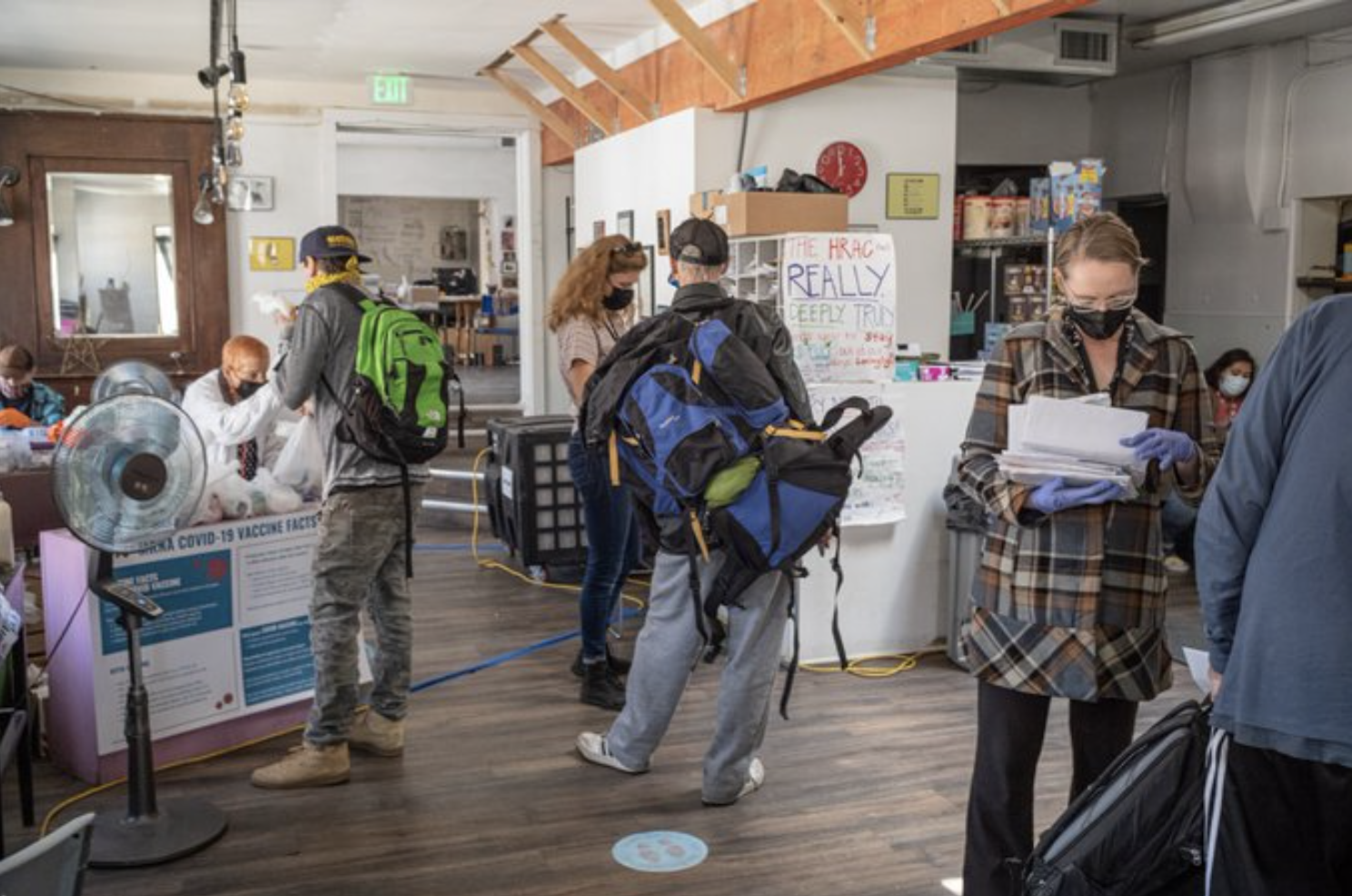In 2018, the Denver City Council approved a pilot program that would authorize a safe consumption site (SCS)—if the Colorado General Assembly authorized SCS statewide. More than four years and 1,600 preventable Denver overdose deaths later, a bill that could make that possible is fighting its way through the legislature.
HB 1202 would allow Colorado municipalities to authorize SCS if they wanted to. The bill faces an uphill battle, despite a Democratic supermajority in the legislature.
It passed through the House easily, but is now stuck in the Senate Health & Human Services Committee, where sponsors are reworking it in an effort to a satisfy Democrat swing voter. At the time of publication, a decision had not yet been reached. The legislative session will end on May 6.
Last night, I heard the same tired arguments from opponents and the same tired questions from skeptics.
These are a charade and everyone knows it. You’re not curious. You don’t care. Just say it:
You don’t value the life of someone who uses drugs.— Josh Barocas, MD (@jabarocas) April 21, 2023
In a committee hearing on April 20, legislators opposed to HB 1202 predictably shared their unfounded beliefs that SCS “enable” illicit drug use and prevent people from accessing treatment by making it “too easy” to continue using. Senator Joann Ginal, who voted against the bill, read a letter from a constituent that likened SCS to giving “a child who is obese and diabetic” access to candy.
“It’s frustrating … to know of an intervention like [SCS] that are evidence-based in multiple important outcomes, and not be able to offer them,” Dr. Hannan Braun, an internist focused on substance use disorder and HIV at the city’s largest emergency department, testified during the hearing.
If HB 1202 does make it to the desk of libertarian-leaning Governor Jared Polis, there’s no indication he’d sign it. Though Polis himself has not commented publicly on the bill, a spokesperson told Rocky Mountain PBS in March that “he would be deeply concerned with any approach that would contribute to more drug use and lawlessness.”
We all know SCS are coming.
Though at the moment HB 1202 seems unlikely to become law, if it did the Harm Reduction Action Center of Denver (HRAC) is standing by. Though no formal agreement has designated the location of any future authorized SCS, it’s understood that HRAC is the appropriate site. It’s Colorado’s largest and longest-running syringe service program and, crucially, has a strong relationship with its neighbors.
“Right now, it’s not legal for our clients to use on our property,” Lisa Raville, HRAC’s executive director, told Filter. “So they go a few blocks away to an alley or business bathroom and use there, often alone. They are overdosing there, and dying there.”
Raville, like myself, is part of the Colorado Drug Policy Coalition, a group of people with lived experience, addiction treatment providers, decarceration activists and other harm reduction allies who came together in 2022 during the fight against the state’s fentanyl refelonization.
We all know SCS are coming. As the illicit drug supply becomes increasingly chaotic and we lose more and more people to overdose, Denver will eventually join New York City and the growing list of jurisdictions around the country that have either already authorized SCS or are gaining ground. It’s just a question of when, and of how much more loss we’ll endure while fearful lawmakers debate which lives are worth saving.
“The data is in,” Raville said. “How many more people have to die before Colorado legislators let us try?”
Photograph of Harm Reduction Action Center of Denver courtesy of Matt Slaby. All individuals pictured consented to being photographed.





Show Comments